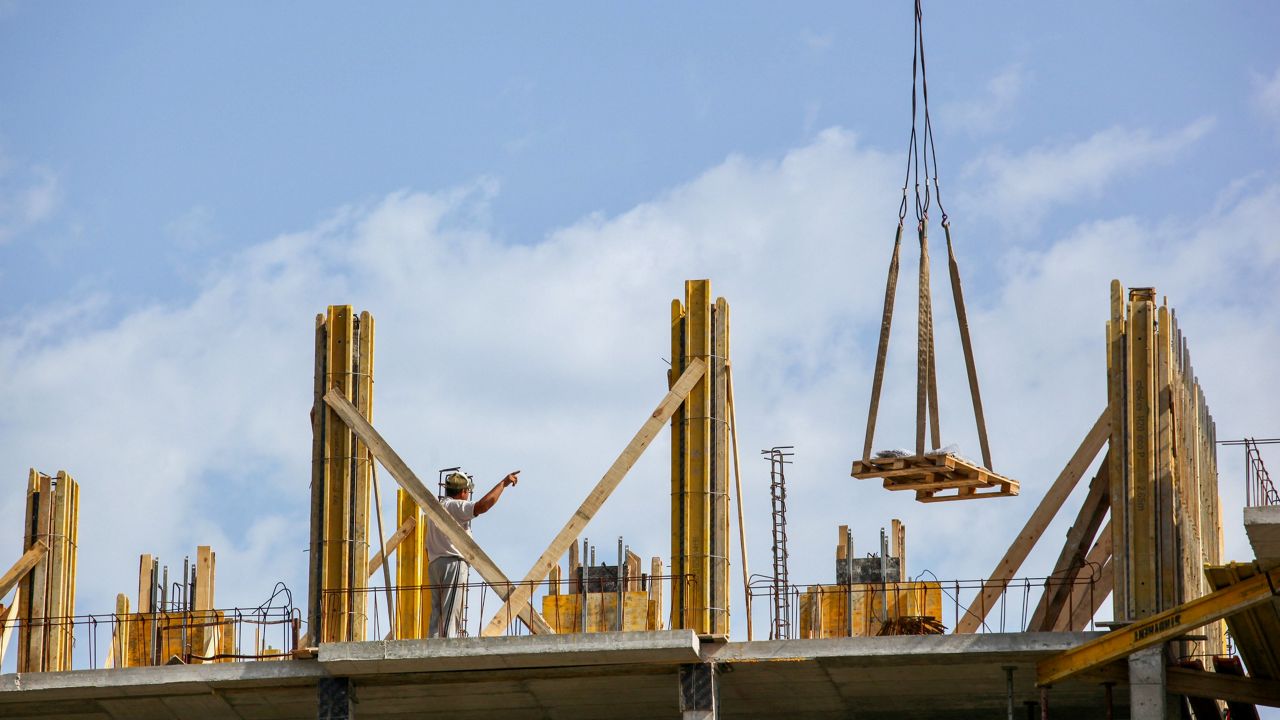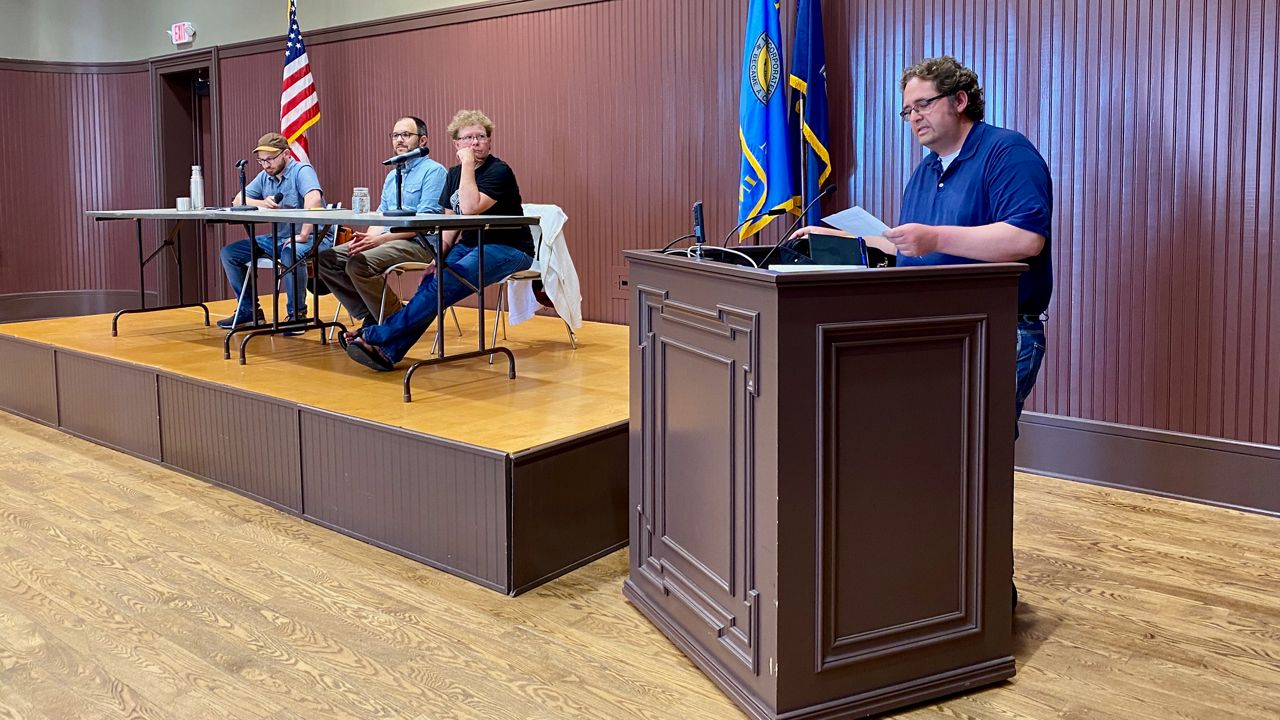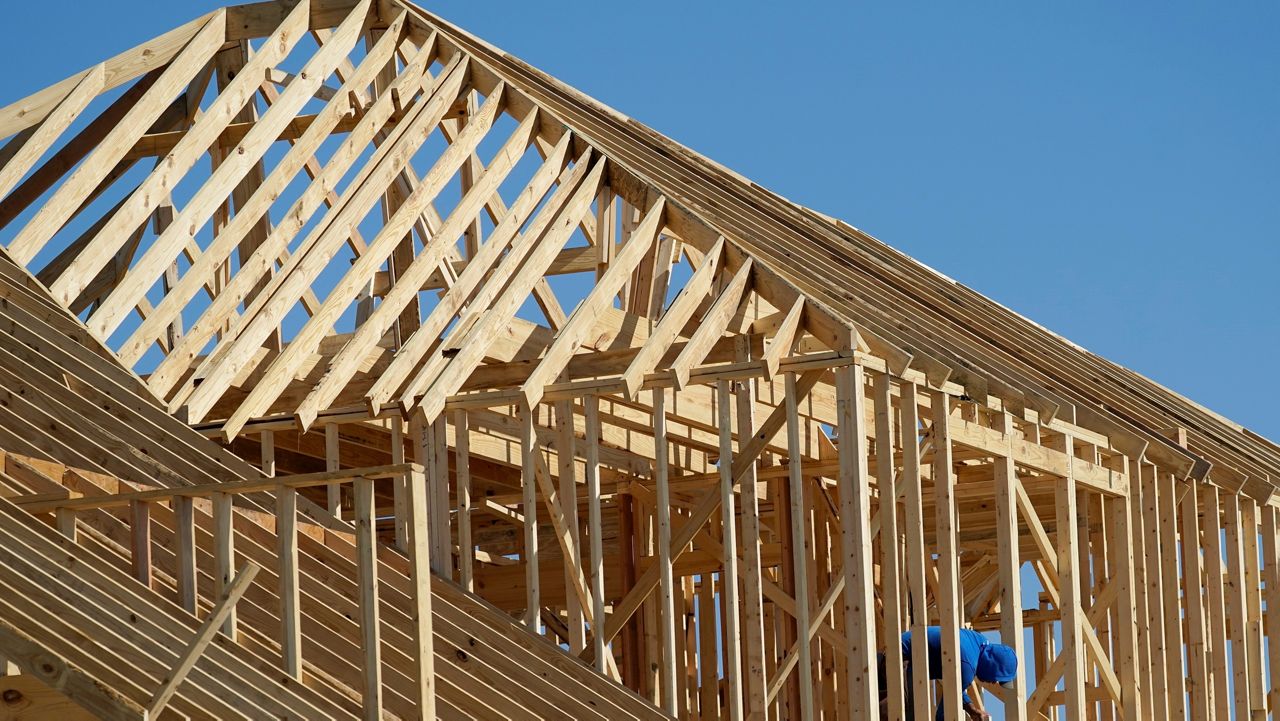House Speaker Ryan Fecteau (D-Biddeford) offered an amendment on Monday to his housing reform bill that removed two of its most controversial provisions, but said even with the changes the bill will accomplish its goal of encouraging affordable housing development.
“I think the bill is very strong,” he said.
The changes include removing a proposed ban on municipal growth caps and the removal of a proposed state board that would have been established to challenge local decisions that block new housing. The legislature’s Labor and Housing Committee is expected to vote on the amendment on Wednesday.
Fecteau’s amendment also removes a ban on municipalities using terms such as “character,” “concentration of the population” and “overcrowding of land” as reasons to restrict construction of housing. Fecteau said those terms should be addressed by amending existing laws rather than writing a provision into the new bill.
“We are still trying to address it, just not in the same way,” he said.
The bill, LD 2003, first presented in February, calls for reforms focused primarily on affordable housing developments in Maine, and followed a year of work by a legislative commission to examine the impact municipal ordinances are having on the availability of statewide housing.
The bill is currently in the legislature’s Labor and Housing Committee, which held a public hearing last week that lasted nearly eight hours. Supporters say the bill will help clear roadblocks to new affordable housing developments, while detractors argue it is too heavy-handed and challenges home rule.
Fecteau said his decision to draft this amendment comes from feedback he has gotten on the bill, including comment at the March 7 public hearing.
“I have always approached the work I have done in the legislature in a collaborative manner,” he said.
Fecteau noted the bill, if amended, still has enough provisions to make a difference in Maine’s housing needs. For example, he said, a provision requiring municipalities to allow at least four units per residential lot still exists. The bill still mandates that municipalities allow accessory dwelling units, such as an in-law apartment attached to a single-family home, and that such units cannot be counted toward a local growth cap. He also noted a mandate for higher density allowances on the local level is still in the bill.
“At the end of the day, some of the most important provisions are still in this bill,” he said.
Wednesday’s session is expected to be the last step of the committee process, and if the committee approves, the bill will then move on to the house and senate. Fecteau said he thinks the bill, especially with the amendment he has proposed, will pass the committee and legislature.
“I ultimately think this bill is set to become law. I think it’s on track to become law. I think the governor is going to sign it into law,” he said.









